

You’ve been chasing the enemy ace for ten minutes with your engine running hot from being pushed too hard and too long. Fuel is running low and ammunition even lower but you’ve finally got the drop on your foe. His German-made fighter can out-turn and out-gun your British crate but you have altitude and surprise in your favor.
You’ve stayed above the clouds, gradually closing the gap after sighting him a while back, staying in his blind spots and inching ever closer. When you’re on top of him you strike, dropping through the clouds and banking so hard your plane threatens to stall; you wrestle it back on course and dive in at his seven o’clock, all guns blazing, your last hundred rounds rake across his wings as you tear past his rear. Glancing back, the bounder banks to begin the chase, unaffected by the pounding; then suddenly, a wobble; then a shake; his wings cut to Swiss cheese and his aerodynamics shot to hell, the German pilot begins to spin.
The plane spirals Earthwards as the pilot tries to wrestle it under control; it even looks as if he might pull out, the moment before his right wing is torn free by G-force and the plane nosedives into His Majesty’s Great British countryside. Winston Churchill pats you on the back saying “well done, son” while a British bulldog barks the national anthem and you sip a nice cup of tea. When you get a kill in IL-2 Sturmovik, you earn it.
Before IL-2, all we knew about Second World War air combat was that guns go “DAKKA DAKKA DAKKA” and crashing German pilots scream “AIEEEEE!” and “GOTT IM HIMMEL!”. Now we’ve learned by heart all of the greatest dogfights during the Battle of Britain, that the power/weight ratio of WWII bombers was screwy, and that you can force a bomber to leg it by destroying just one wing’s engine. We know that a plane ends up in a spin if a single wing stalls, and that a spin is more difficult to recover from than any total stall.
We know that banking too hard is a recipe for both a partial and total stall, and know now that an object flying at 10,000 feet isn’t a stable rock, but a precariously-balanced machine in danger of dropping like a stone at any given moment. We know the best place to shoot a plane is the fuel tank, engine, wings, or pilot seat and that air combat in ‘41 must have been bloody terrifying, seat-of-your-pants stuff. Respect. IL-2 Sturmovik: Birds of Prey is as much a simulation of WWII air combat as Forza 3 is of racing. A modified port of a seminal PC title, this is the only flying game on console which treats planes like planes – every part of every aircraft and every reaction in the air is modeled with the same rapt attention to detail the Forza team lavish on their Ferraris and Aston Martins.
This iteration of the series has already earned premature sneers from the PC hardcore but the console version of IL-2 Sturmovik wraps the PC’s flawless handling model within a beautiful new engine which makes flying a joy in itself. Like taking a car for a spin around the track in a sim racer, it’s fun soaring about just for the thrill of flying under Sturmovik’s real-life rules and taking in the astonishing sights.
It’s a bare-boned game though; beautiful in action but bland in menus and short on additional options – no co-op, no replays, and stark presentation throughout – but it’s a game made by the smallest of teams more accustomed to working on PC than console. In the transition it’s lost a number of planes and dropped the brilliant mission editor, but the in-air action has never been better. Sturmovik has been tested to death by thousands of PC gamers over hundreds of thousands of games and it’s not until now the series really nailed the balance between accessibility and the handling which initially made Sturmovik so acclaimed.


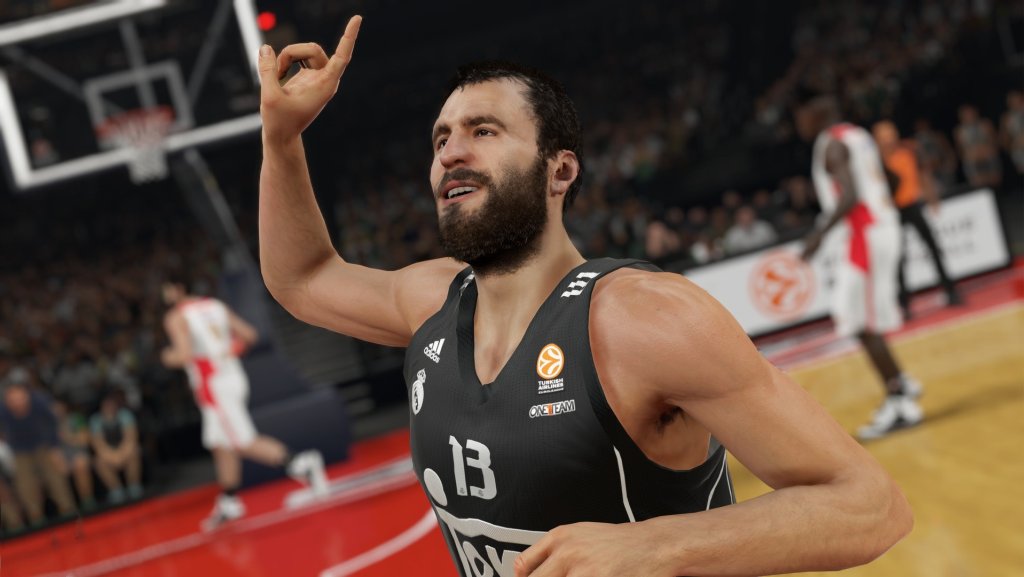

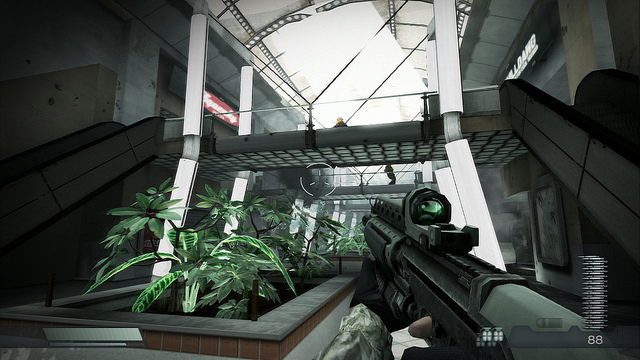 Killzone HD Review
Killzone HD Review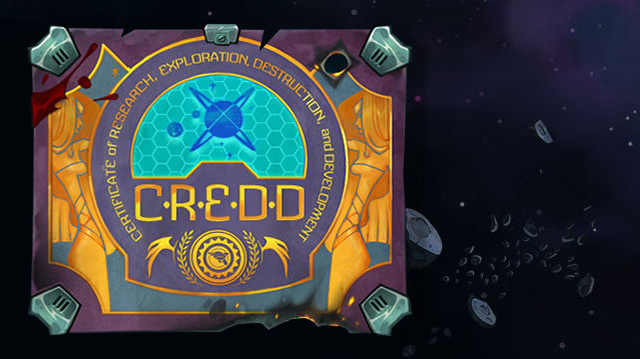 Is Wildstar The Next Great MMORPG?
Is Wildstar The Next Great MMORPG?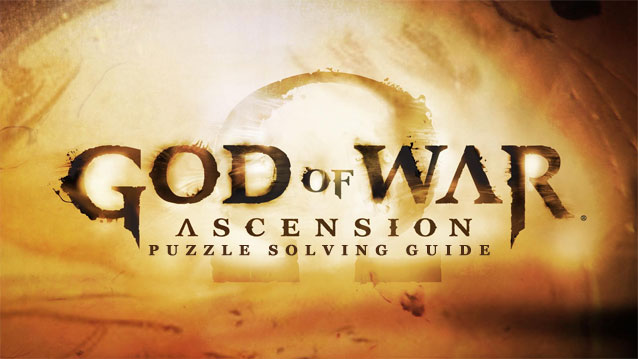 God of War: Ascension Puzzle Solving Guide
God of War: Ascension Puzzle Solving Guide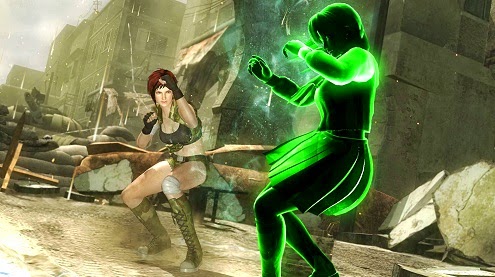 Dead or Alive 5: Last Round All Unlockables / Achievements
Dead or Alive 5: Last Round All Unlockables / Achievements Destiny: The Taken King Guide - How to Get Exotic Shards and Strange Coins
Destiny: The Taken King Guide - How to Get Exotic Shards and Strange Coins